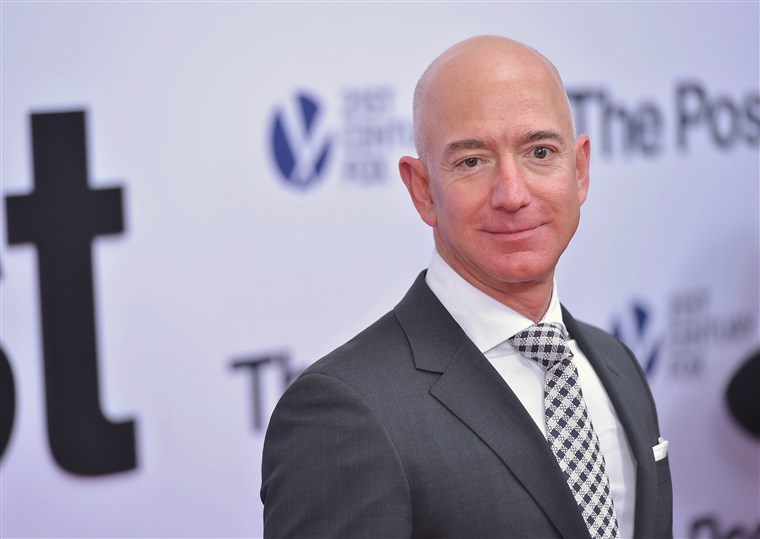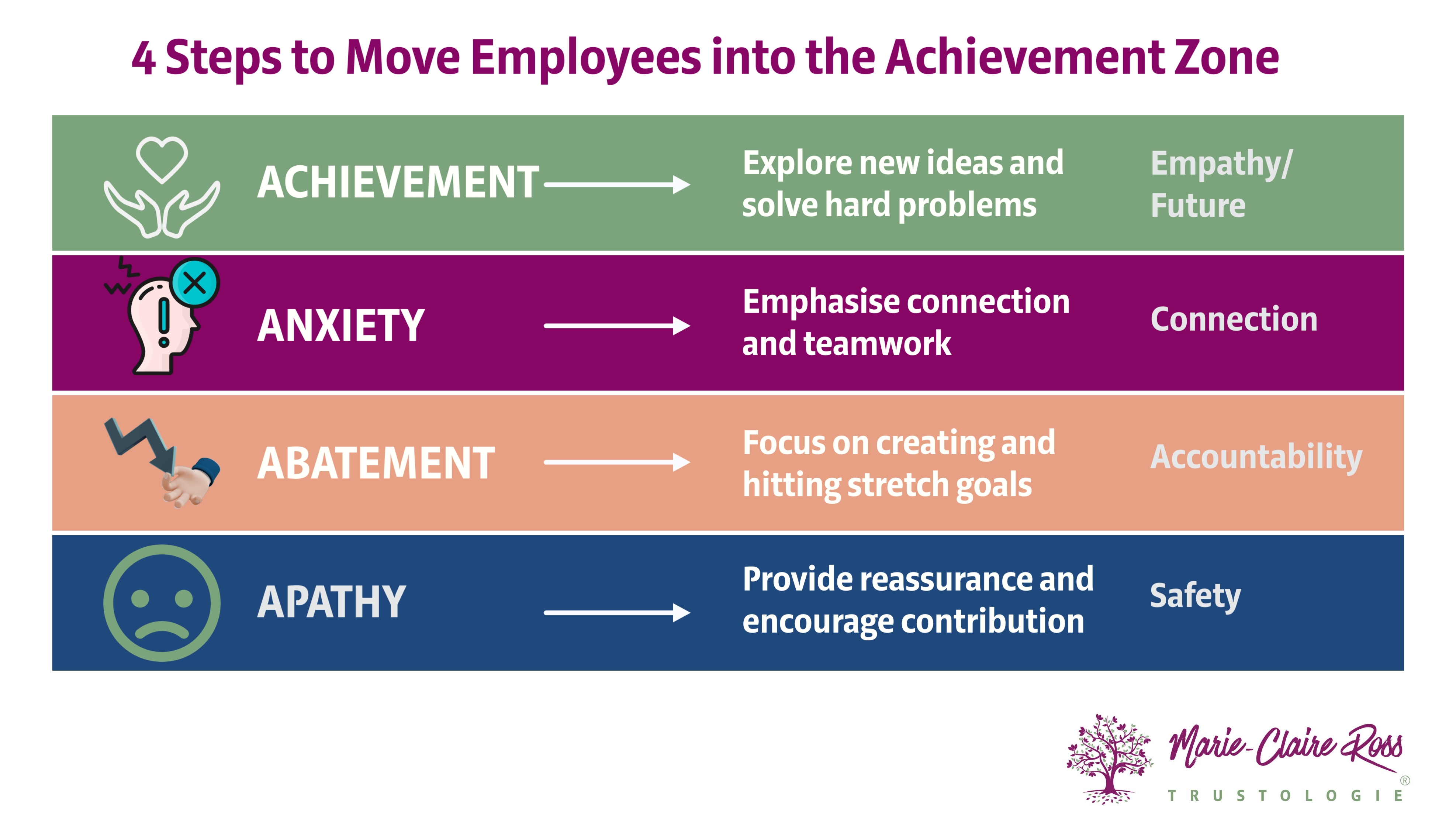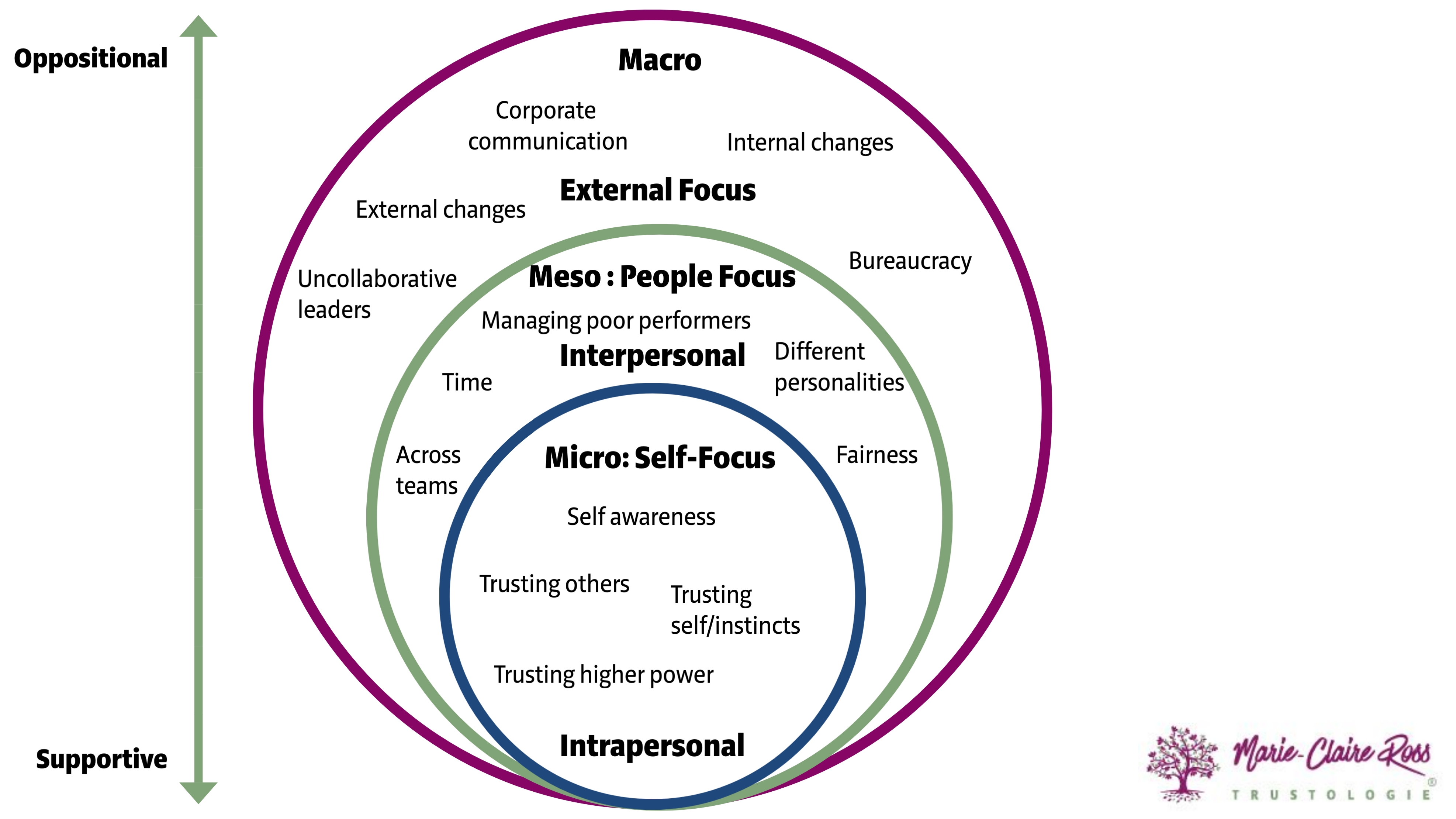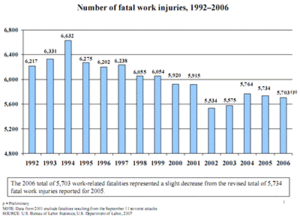11 min read
4 Practical Strategies for Better Emotional Management in the Workplace
I have a friend who often finds herself at the mercy of her emotions. Recently, she called me to rehash a confrontation she’d had with a group of...
Develop leaders, strengthen executive teams and gain deep insights with assessments designed to accelerate trust and performance.

Transform how your leaders think and perform with keynotes that spark connection, trust and high-performance cultures.

Explore practical tools, thought-leadership and resources to help you build trusted, high-performing teams.

Trustologie® is a leadership development consultancy founded by Marie-Claire Ross, specialising in helping executives and managers build high-trust, high-performing teams.


Earlier this week, a devastating tornado struck Edwardsville, Illinois - killing 100 people. The death toll also included six people working in an Amazon Fulfilment centre that was raised to the ground.
Unfortunately, the Amazon Founder, Jeff Bezos made a critical error in judgement (and emotional intelligence). Choosing to post a photo on Instagram with the latest space tourists to take a trip on his rocket rather than post his condolences and sympathies for those whose lives were lost.
He took a full 24 hours after the tornado struck to issue a press release proclaiming that he was "heartbroken over the loss of our teammates there."
Now, I am not saying that Bezos is a heartless billionaire. I am guessing he lives a life we can't even fathom with an army of assistants that cocoon him from the harsh realities of the world. But the truth is - I see leaders make this mistake all the time. It's just Bezos has amplified how poor this leadership choice can be.
And that is ensuring their communication focuses on the positive, unintentionally ignoring negative events and how that impacts people.
For many visionary leaders, the future can be a place that seems warm and utterly compelling. It makes it hard to stay present. We all know that Jeff Bezos is an exemplary visionary leader. He's all about leading the world into a future so big, a lot of us can't even get our heads around it.
One of the downsides with being a visionary leader is that they prefer talking about their successes or their exciting plans for the future. Deep down, it's because they are avoiding something – for Bezos it was probably feelings of grief or sadness. For other leaders, in standard workplace situations, it might be uncomfortable feelings of not being smart enough or worthy.
It's probable that Bezos was still feeling exhilarated after another successful space trip, when disaster struck Edwardsville - and he was in his little bubble, giddily celebrating his latest success. After all, dealing with the trauma his employees were going through would have seem far removed from his current reality and not something he wanted to drag him down.
In my work with leadership teams, I come across plenty of executives who are positive and excited about the vision, generating a palpable energy that excites employees about where they are going and why. They love asking employees about new ideas they have and new ways of doing things. They get excited by a new client being signed up. Yet, there is a flip side to all this positivity. And that is, these leaders don't want to talk about what's not working.
Without even realising it, leaders tend to shut down any negative commentary around a lack of resourcing, system issues or capability gaps. They get a bit cranky with people if they say, ‘We don't think we can do it, here's why.’ In their minds, those who highlight issues are ‘too negative’ and best to be avoided.
For many employees, it is much more anxiety-provoking when leaders do not talk about issues. It is effectively hiding problems, which can be far more damaging long term. Openly discussing the issues the organisation is facing brings out the best in people. In a great culture, people will want to chip in and solve problems.
What Bezos should have done was after the tragedy hit was posted a video to express his sadness about the loss of life. He should have gone out to the site or made personal calls to the families who were grieving. He should have waited a week to post a celebratory picture. But now his personal image is tarnished. It will be harder for his employees to trust him. Just like any leader who starts talking about an exciting new vision or boasts about their current success, but ignores the current issues.
The truth is that employees will tend to reject a jump into the future if they don’t get to air the company’s dirty laundry. They need to be able to air their grievances first before they get onboard the future train. A leader who is willing to address painful truths is always admired and followed. Yet, so many visionary leaders falsely believe it's all about distracting people with what exciting things they are doing.
It is easy to negatively judge Bezos for his actions. After all, we are all living in a social-media world that curates our best life moments. But what he's done is given us a learning opportunity - to self-reflect and see where in our own lives we do the same thing. When do you talk about an exciting future to your employees - but shutdown conversations about what's not working? When do you distract people with good news - rather than acknowledge the elephant in the room?
And it's not just in our working lives - it's in our personal lives as well. 2021 has been a tough year for a lot of people. In the lead up to the festive season, we get to attend social gatherings with not only people we work with, but friends and family. Make sure this Christmas, when someone shares their pain with you that you give them the space to talk about it rather than shutting down anything that makes you uncomfortable. Because when we shut down painful truths - we're all being a Bezos.
Photo credit: NASA Robotics Competitions Sheyene Gerardi

11 min read
I have a friend who often finds herself at the mercy of her emotions. Recently, she called me to rehash a confrontation she’d had with a group of...

9 min read
True leadership presence isn’t a performance or a set of charisma hacks; it is the felt experience of who you are being in the room. By cultivating...

13 min read
As teams return from their summer (or winter) break, you may notice subtle shifts in your team’s energy. Even if the end of year was positive, a new...

Excited to announce my book launch party. It's going to be a fun event with networking, learning, story-telling and prizes.

We are currently in the midst of a silent transformation in the way work is being carried out. The convergence of inflation, the pandemic, and a...

Since the early 1990's, most companies have got their act together and decreased their workplace injuries (see chart). After all, it's a no-brainer...